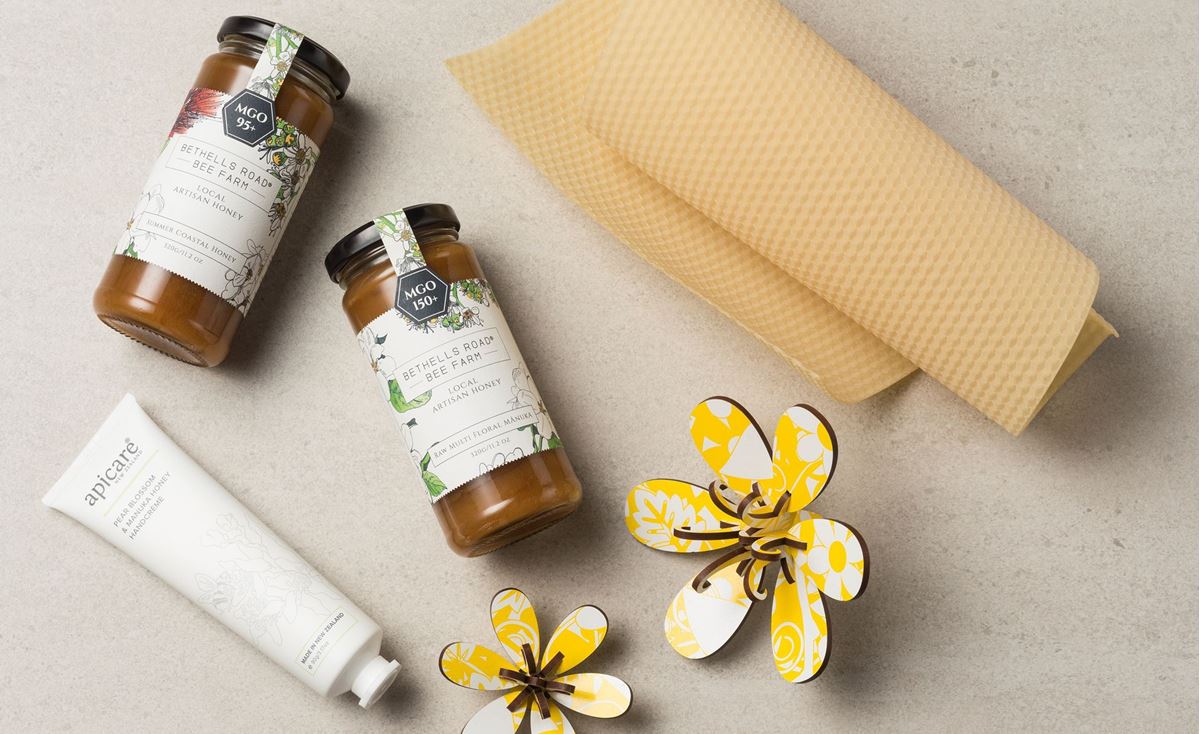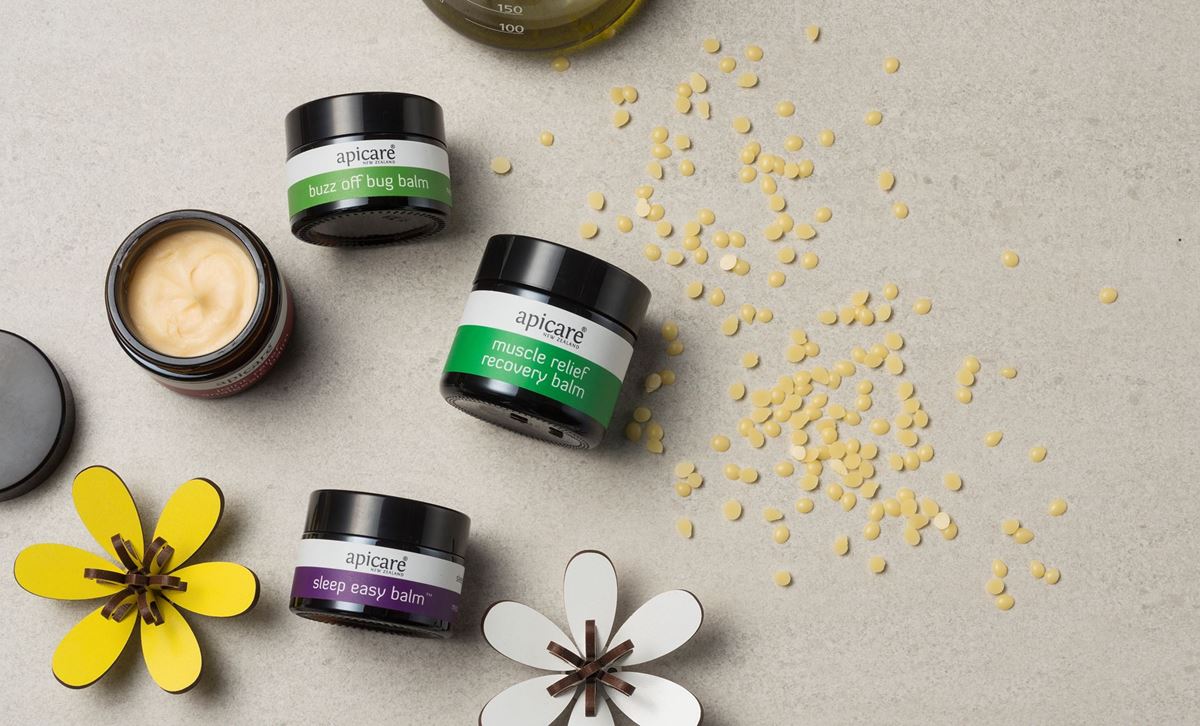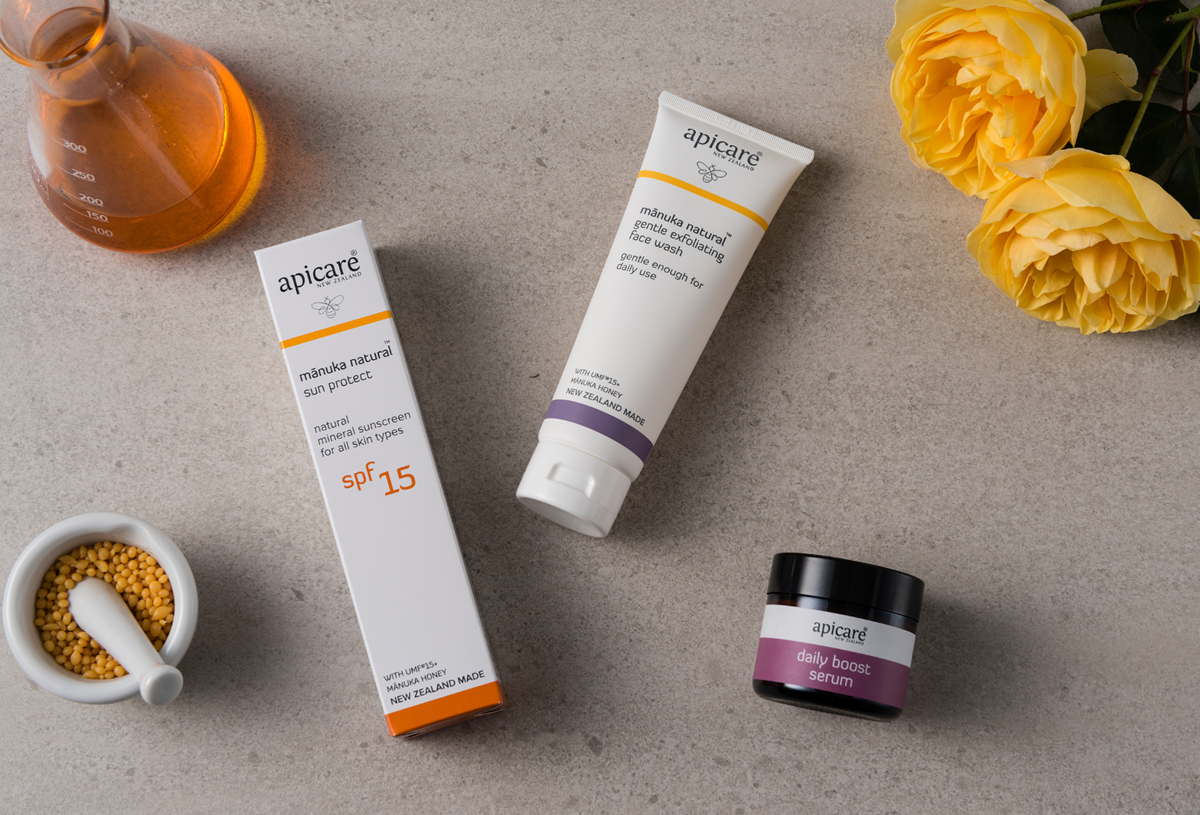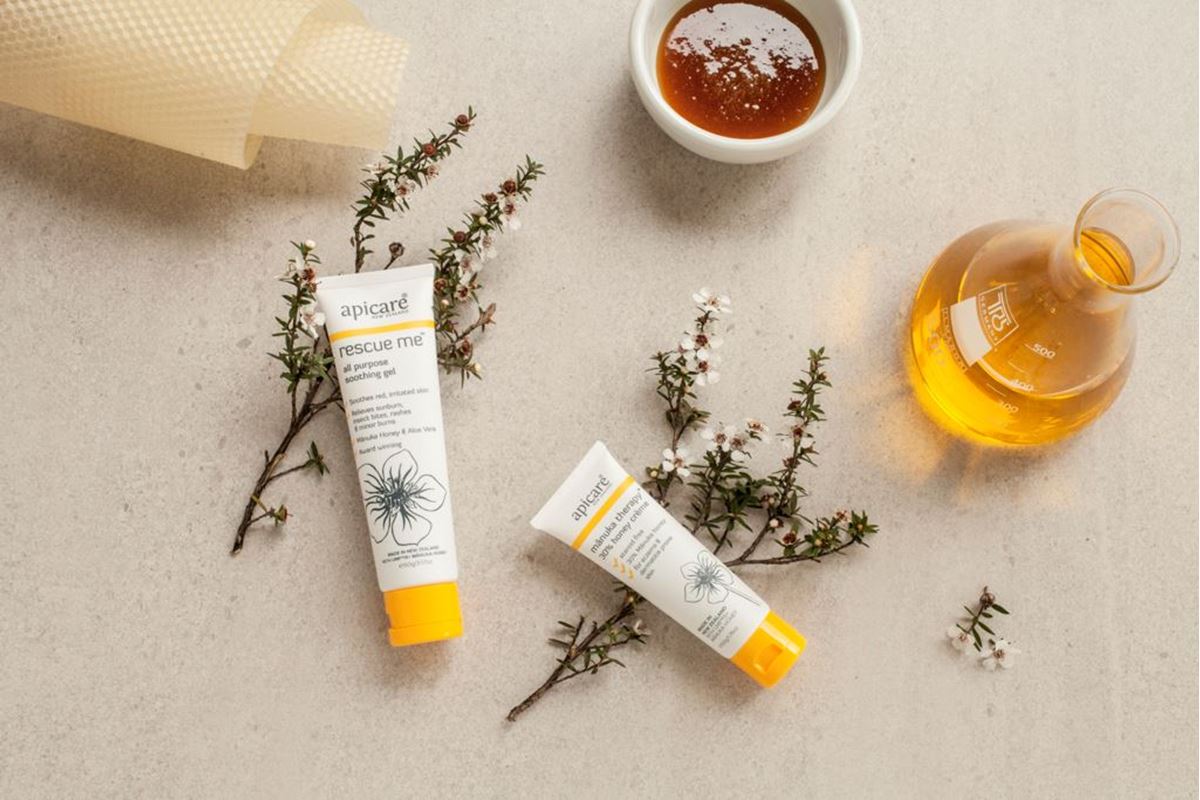Winter is a tough on your skin. Heat in the home dries out the air. Outside, gusty winds can cause skin to dry and crack. The thin, protective layer of moisture and oil on your skin can be quickly dry up, leaving your dry winter skin sensitive.
Moisturizing can help prevent rashes and breakouts while keeping your skin looking healthy.
After you take a bath or shower, apply moistururiser to your arms and legs. Applying moisturise to your skin after bathing helps trap the moisturise in your skin.
Look for gentle fragrance free products, and products using natural ingredients.
Keeping laundry day fragrance free is also important, especially for skins prone to eczema and dermatitis.
Cover Your Face, Hands and Feet
Your face, hands and feet are the most sensitive to winter air. You should wear gloves when outdoors to protect your hands from winter chills. Wearing socks indoors can also help keep your feet moisturized. When you go outdoors, cover your face with a scarf or a hat.
If your skin begins to feel tight or dry during the day, apply another layer moisturise.
Make sure the temperature of the water inyour bath or shower is not too hot. Overwashing can dry your skin
Drink Plenty of Water
Drink plenty of water throughout the winter. When you are well-hydrated, your skin will feel and look healthier. Drinking water can help combat dry winter skin from the inside out.
Use a Humidifier
A humidifier adds moisture to the air in your home. It can keep your skin more moist and also help with sore throats and dry noses when you’re sick. Putting a humidifier in your bedroom can help your skin stay hydrated as you sleep.
If you experience dry skin or skin irritation in the winter, you should always see a dermatologist to ensure it’s not caused by an underlying condition.






